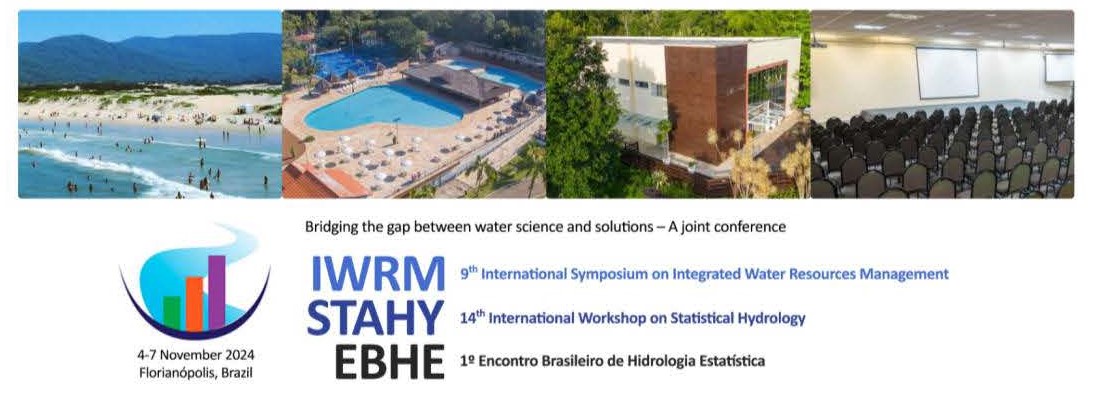IAHS News
2024 Falkenmark Award winner announced
The winner of the 2024 IAHS Falkenmark Award for best PhD thesis has been announced as Dr Djim Diongue from Université Cheikh Anta Diop, Senegal for his thesis entitled "Water partitioning in the sol-vegetation-atmosphere continuum in semi-arid regions: Applying mechanistic modelling and water stable isotopes in the Groundnut and Ferlo Bassin, Senegal". The award ceremony is scheduled to take place 4-7 November 2024 in Florianopolis, Brazil during the joint IAHS and the Brazilian Association of Water Resources (ABRHidro) conference.
Congratulations!
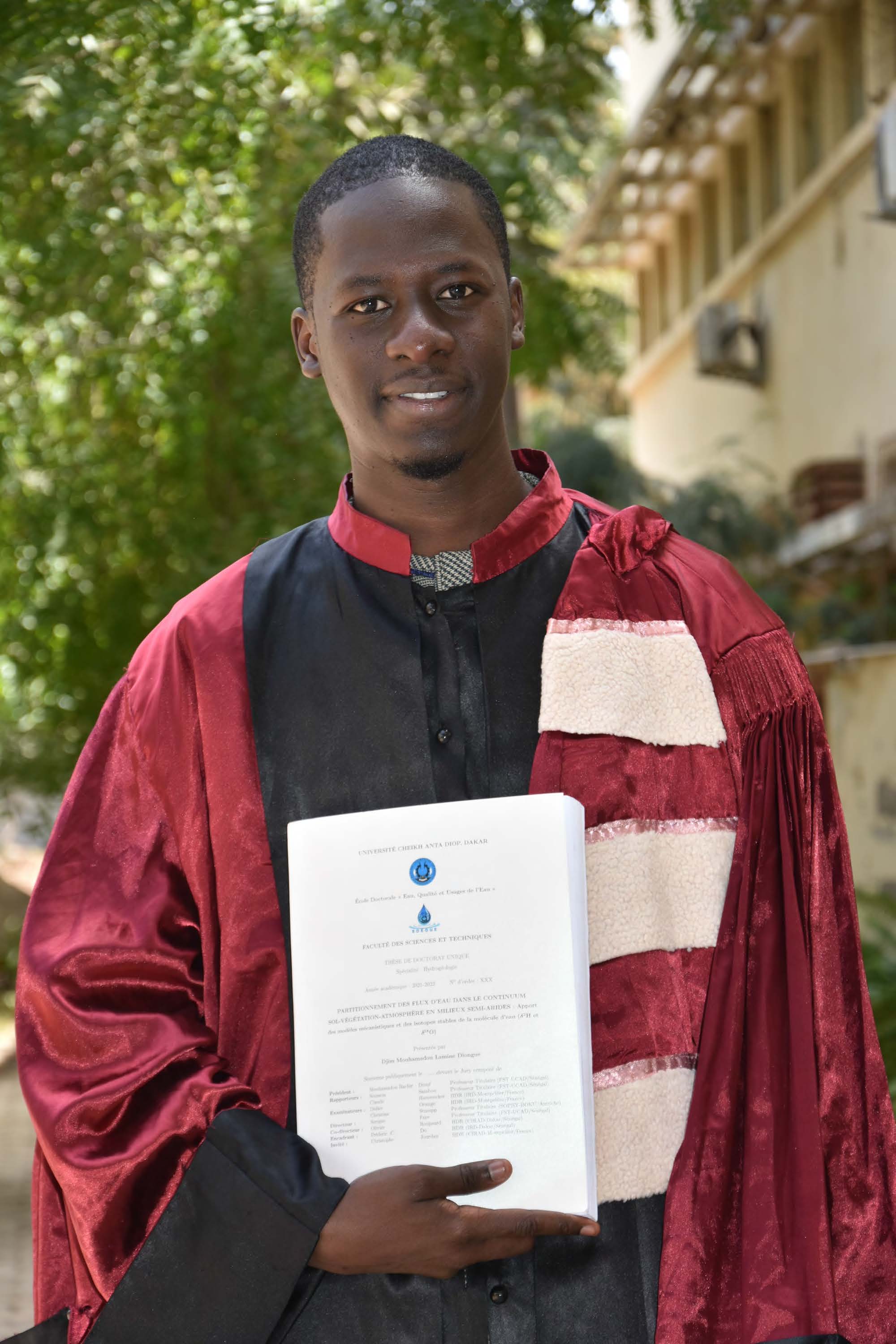
The Falkenmark Award for best PhD thesis:
- Recognises outstanding contributions to hydrological understanding of water scarcity and water supply.
- Is granted every year, starting 2023 (nomination must be submitted no later than 31 December).
- Highlights the importance of capacity building and knowledge/data gathering in financially disadvantaged countries.
Eligible nominees:
- Grew up in a financially disadvantaged country.
- Performed the PhD work in one or more financially disadvantaged countries.
- Holds a PhD certificate, which is dated within the last 2 years.
2024 IAHS-UNESCO-WMO International Hydrology Prize
The International Hydrology Prize is awarded annually by IAHS, with UNESCO and WMO, to two people who have made an outstanding contribution to hydrological science. IAHS is pleased to announce the recipients of the International Hydrology Prize (Dooge medal and Volker medal) for 2024.
The 2024 recipients of the IAHS-UNESCO-WMO International Hydrology Prize are:
- Dooge medal - in recognition of her outstanding and remarkable contributions in taking to new frontiers the hydrological understanding of extreme weather events for the betterment of our communities - Prof. Lena Merete Tallaksen, at the University of Oslo, Physical Geography and Hydrology Section, Department of Geosciences, in Norway.
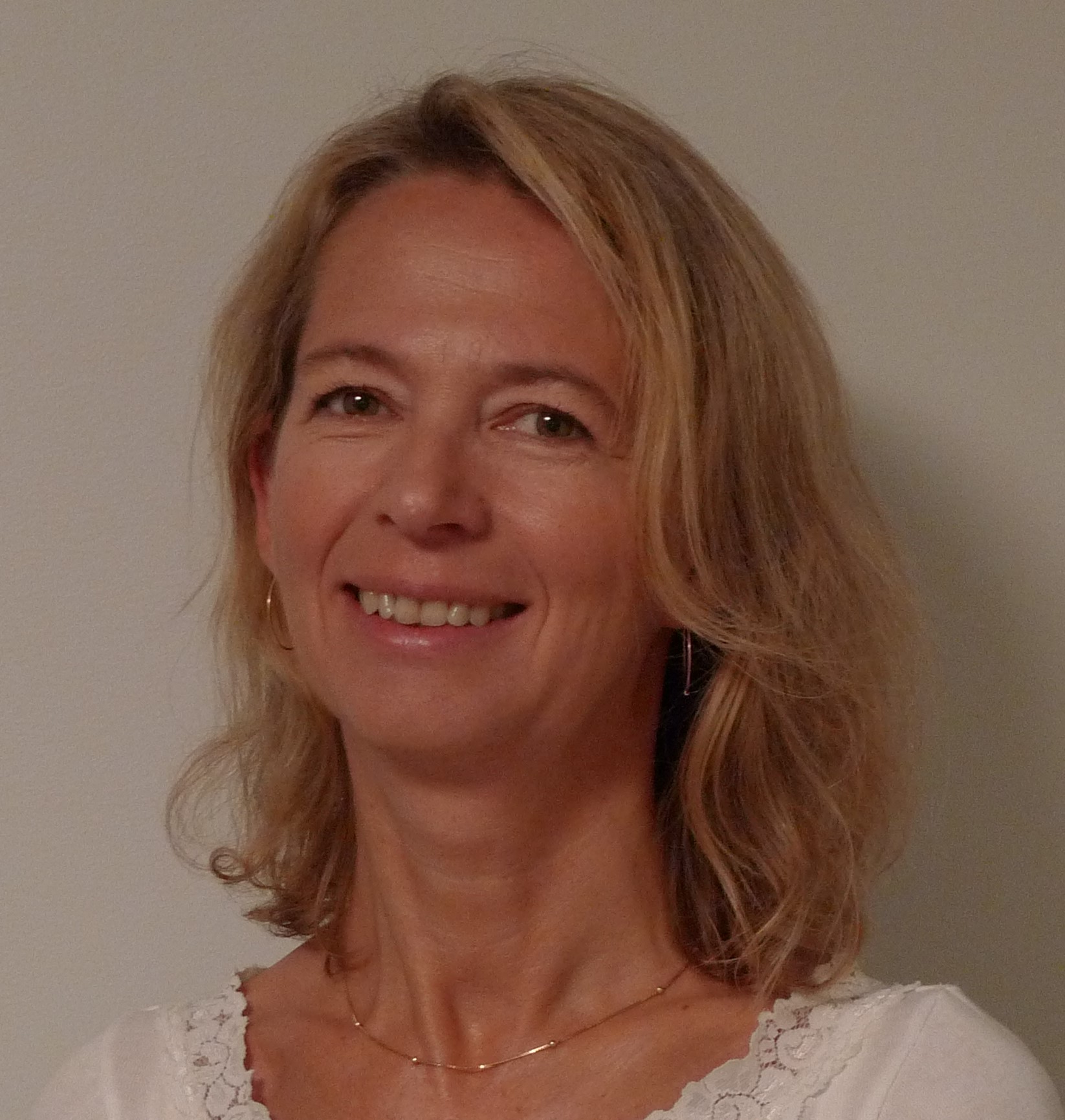
- Volker medal - in recognition of her steady and distinguished contribution in advancing the hydrological sciences across disciplines, in particular to the analysis and management of flood risks in dynamic human-water systems - Dr. Heidi Kreibich, at the Helmholtz Centre Potsdam, GFZ German Research Centre for Geosciences, Section Hydrology, in Germany.
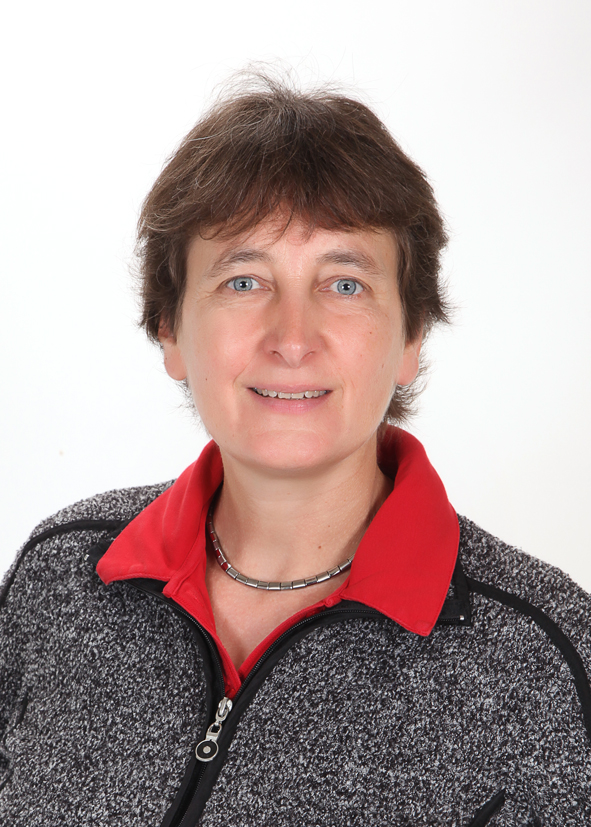
The award ceremony is scheduled to take place in Florianopolis, Brazil during the joint IAHS and the Brazilian Association of Water Resources (ABRHidro) conference from 4-7 November 2024.
Nominations for the annual Prize are made by National Committees to IAHS, National Committees to the UNESCO-IHP or National Hydrological Advisors to the WMO, and forwarded to the Secretary General of IAHS for consideration by the Nomination Committee. The Committee consists of the President and a Vice-President of IAHS and representatives of UNESCO and WMO.
As of 2014, two medals are awarded under the International Hydrology Prize: the Dooge medal and the Volker medal. Both medals are intended to distinguish outstanding achievements by hydrological scientists but with a different focus. The Dooge medal is aimed at fundamental contributions to the science of hydrology, whereas the Volker medal is aimed at outstanding applications of hydrological science for the benefit of society at large.
Our warmest congratulations go to both recipients.
REMINDER: Deadline for joint conference in Florianopolis, Brazil, November 2024
Bridging the gap between water science and solutions - a joint conference. The IAHS and the Brazilian Association of Water Resources (ABRHidro) invite researchers to submit abstracts for presentation at a joint meeting on water resources systems and statistical hydrology, which combines three events:
- The 9th International Symposium on Integrated Water Resources Management (IWRM)
- The 14th International Workshop on Statistical Hydrology (STAHY)
- The 1st Brazilian Meeting on Statistical Hydrology (EBHE).
The meeting will take place in Florianópolis, Brazil, from 4-7 November 2024.
This joint meeting brings together the experts – academics and practitioners – and young scientists alike for vibrant scientific discussions and debates. We strongly suggest participants to think of how their contributions to the meeting relate to the Themes, Goals and Working Groups of the current IAHS Scientific Decade IAHS initiative for 2023-2033: Science for Solutions: Hydrology Engaging Local People IN one Global world (HELPING). Using the HELPING rationale as the background of our discussions will accelerate the development of activities that are already in place in many of the HELPING Working Groups.
Broadly speaking, we welcome contributions dealing with, but not limited to, the following topics:
- Integrated water resources management
- Characterization and prediction of hydrometeorological extremes
- Forecast and optimization of water resources systems
- Water resources in a connected world.
The conference is eligible for SYSTA funding (Sivapalan Young Scientists Travel Award). An abstract must already be submitted to be considered for the award. The deadline of 31 May is approaching quickly so get your submissions in soon.
Important dates:
- 31 May – Abstract submission deadline
- 31 May – SYSTA Travel Grant Application deadline
- 28 June – Notification of abstract acceptance
- 15 July – Early bird registration deadline
- 15 July – Registration deadline for presenting authors
- 28 October – Registration deadline for all participants
- 4-7 November – Conference dates.
A significant impact EGU2024
We made a significant impact at EGU2024 this past April. Our presence was marked by fruitful engagements, successful sessions, and notable contributions.
Poster Sessions
Our poster sessions served as platforms for showcasing research and innovative methodologies. Attendees were impressed by the quality and relevance of the posters, sparking engaging conversations and knowledge exchange. The positive feedback received reaffirms our position at the forefront of research and development in hydrological sciences.
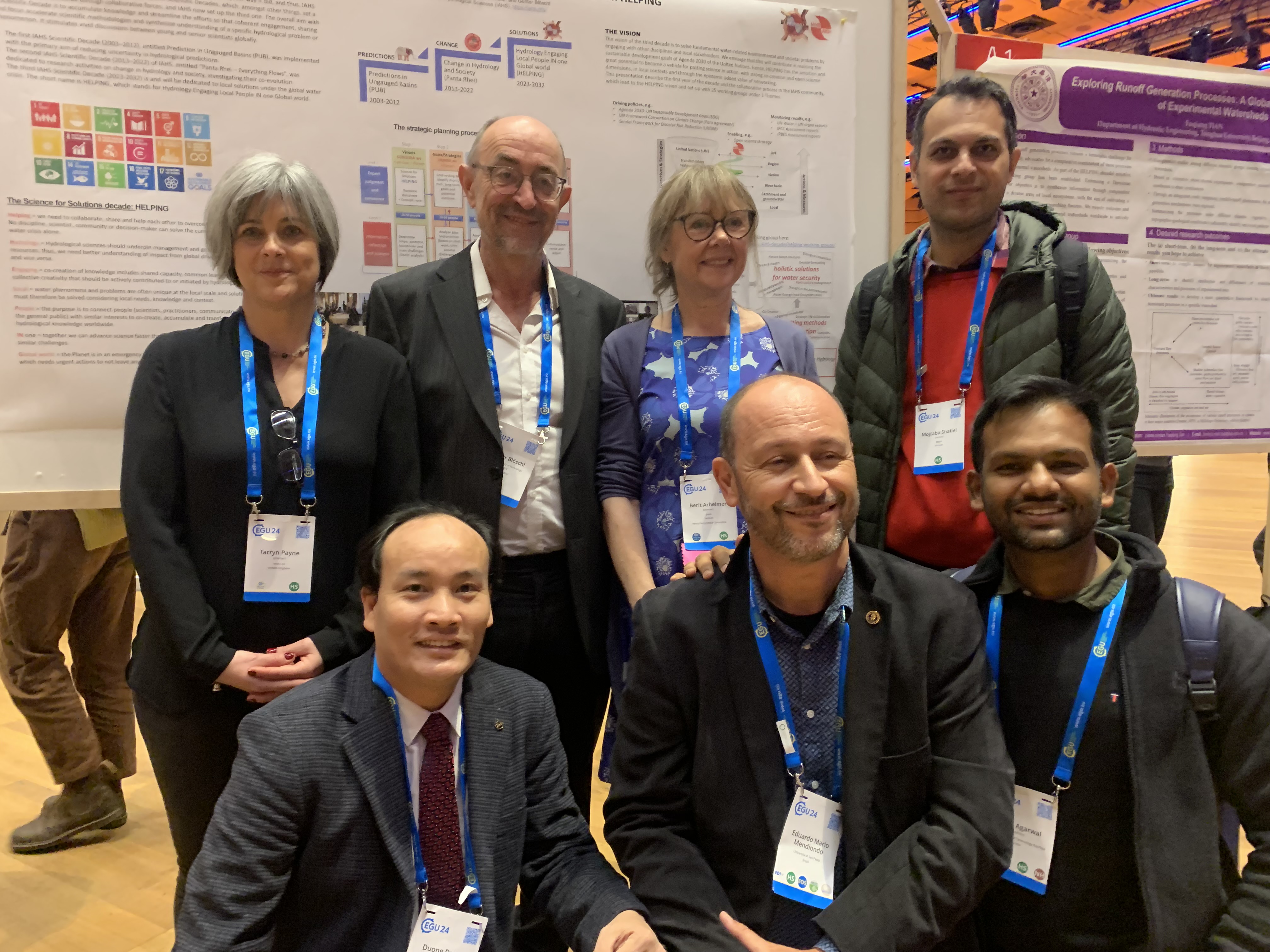
Digital Water Globe Representation
The Digital Water Globe received notable attention and recognition at EGU 2024. Attendees were captivated by the interactive demonstrations, illustrating the DWG's web-based software platform where IAHS members share Case studies, Personal profiles, IAHS references and links to data repositories that are linked to a geographical position on a global map as well as keywords for quick search using filter functions.
IAHS HELPING Sessions
One of the standout achievements was the resounding success of our 12 IAHS HELPING sessions. These sessions not only facilitated insightful discussions but also fostered collaborative efforts towards addressing the water solutions in the Anthropocene. Attendees commended the depth of knowledge shared and the practical solutions proposed, underscoring our commitment to underpin solutions for the water crisis, leaving no catchment or hydrologist behind.
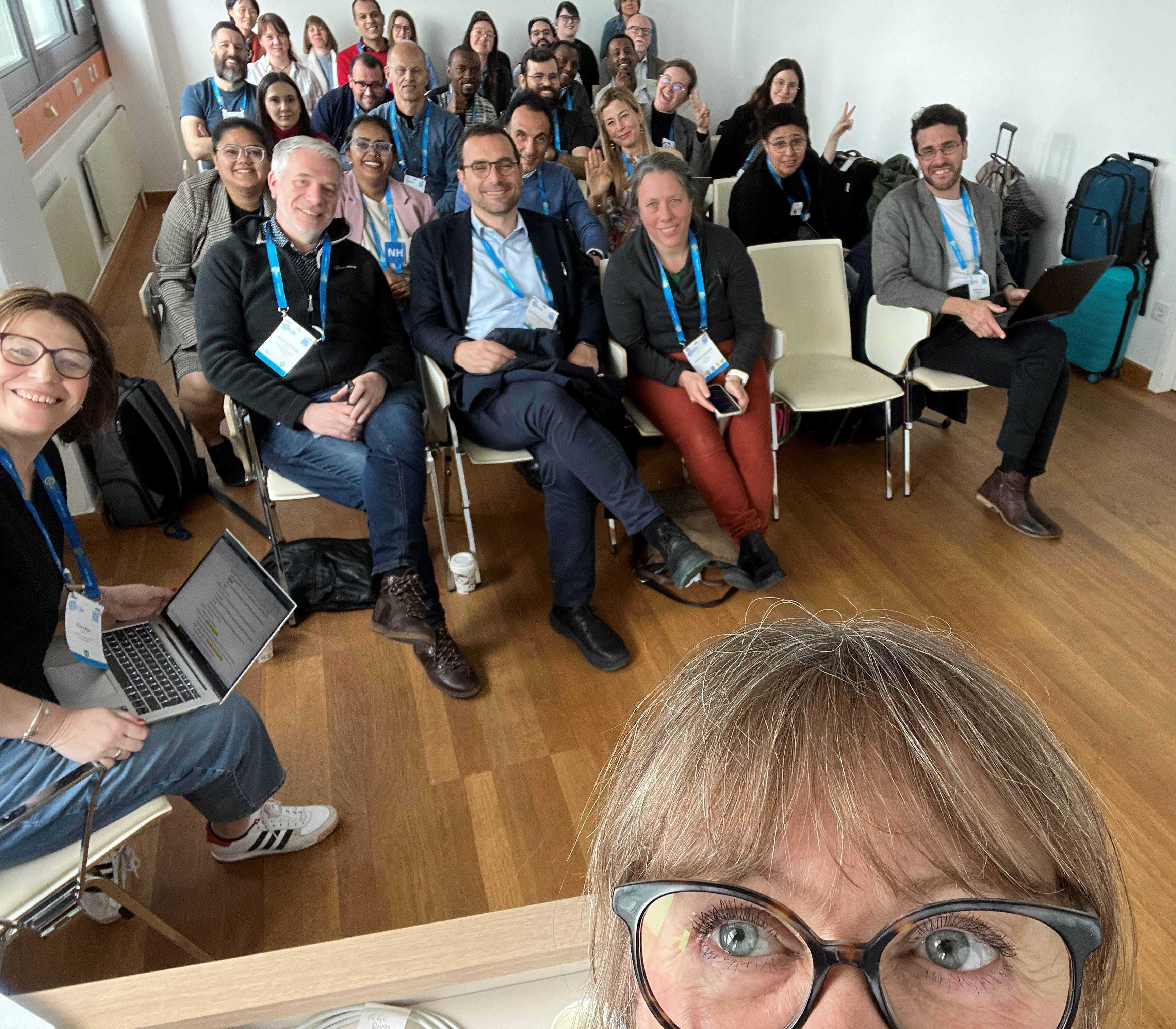
Attendees also discussed and exchanged procedures for implementing the HELPING Working Groups, and experiences on how to best collaborate. We invite you to explore and join the list of suggested Themes and 25 HELPING Working Groups. We are thrilled to announce that the call for suggesting new Working Groups for the HELPING Scientific Decade has been reopened! This presents a unique opportunity to contribute and suggest new topics, if certain topics are missing or not yet included such as capacity development and training as a cross cutting group, and the introduction of AI. We look forward to receiving your valuable suggestions. Please sign up here.
In summary, our participation in EGU 2024 was marked by exemplary contributions, successful sessions, and effective representation. We look forward to building on this momentum.
Call for abstracts for Bridging the Gap Between Water Science and Solutions
IAHS and the Brazilian Association of Water Resources (ABRHidro) invite researchers to submit abstracts for presentation at a joint meeting on water resources systems and statistical hydrology, which combines three events:
The 9th International Symposium on Integrated Water Resources Management (IWRM),
The 14th International Workshop on Statistical Hydrology (STAHY),
The 1st Brazilian Meeting on Statistical Hydrology (EBHE).
The meeting will take place in Florianópolis, Brazil, from 4-7 November 2024.
This joint meeting brings together the experts – academics and practitioners – and young scientists alike for vibrant scientific discussions and debates. We strongly suggest participants to think of how their contributions to the meeting relate to the Themes, Goals and Working Groups of the current IAHS Scientific Decade IAHS initiative for 2023-2032: Science for Solutions: Hydrology Engaging Local People IN one Global world (HELPING). Using the HELPING rationale as the background of our discussions will possibly induce the start and accelerate the development of activities that are already in place in many of the HELPING Working Groups.
We welcome contributions dealing with the following topics (but not limited to):
- Integrated water resources management,
- Characterization and prediction of hydrometeorological extremes,
- Forecast and optimization of water resources systems,
- Water resources in a connected world.
The 9th IWRM will bring relevant contributions to the scientific community by making it possible to advance in finding solutions to the main water challenges faced by society. The 14th STAHY will focus on statistical methods for hydrological applications, a branch of hydrology with a long history and an exciting field of research. Last but not least, the 1st EBHE brings contributions to advance the maturity of the topic in Brazil by bridging research efforts from different existing groups.
The conference is eligible for SYSTA travel awards (Sivapalan Young Scientists Travel Award). An abstract must already be submitted to be considered for the award.
Important dates:
31 May – Abstract submission deadline.
31 May – SYSTA Travel Grant Application deadline.
Date coming soon – Early bird registration deadline.
Date coming soon – Registration deadline for presenting authors.
Date coming soon – Registration deadline for all participants.
4-7 Nov – Conference dates.
Full information can on the conference website https://www.abrhidro.org.br/iebhe/
Joint ICTP-IAEA-UNESCO Workshop on Open Software Solutions
Join the training session on Open Software taking place 13-17 May 2024 in Stellenbosch, South Africa.
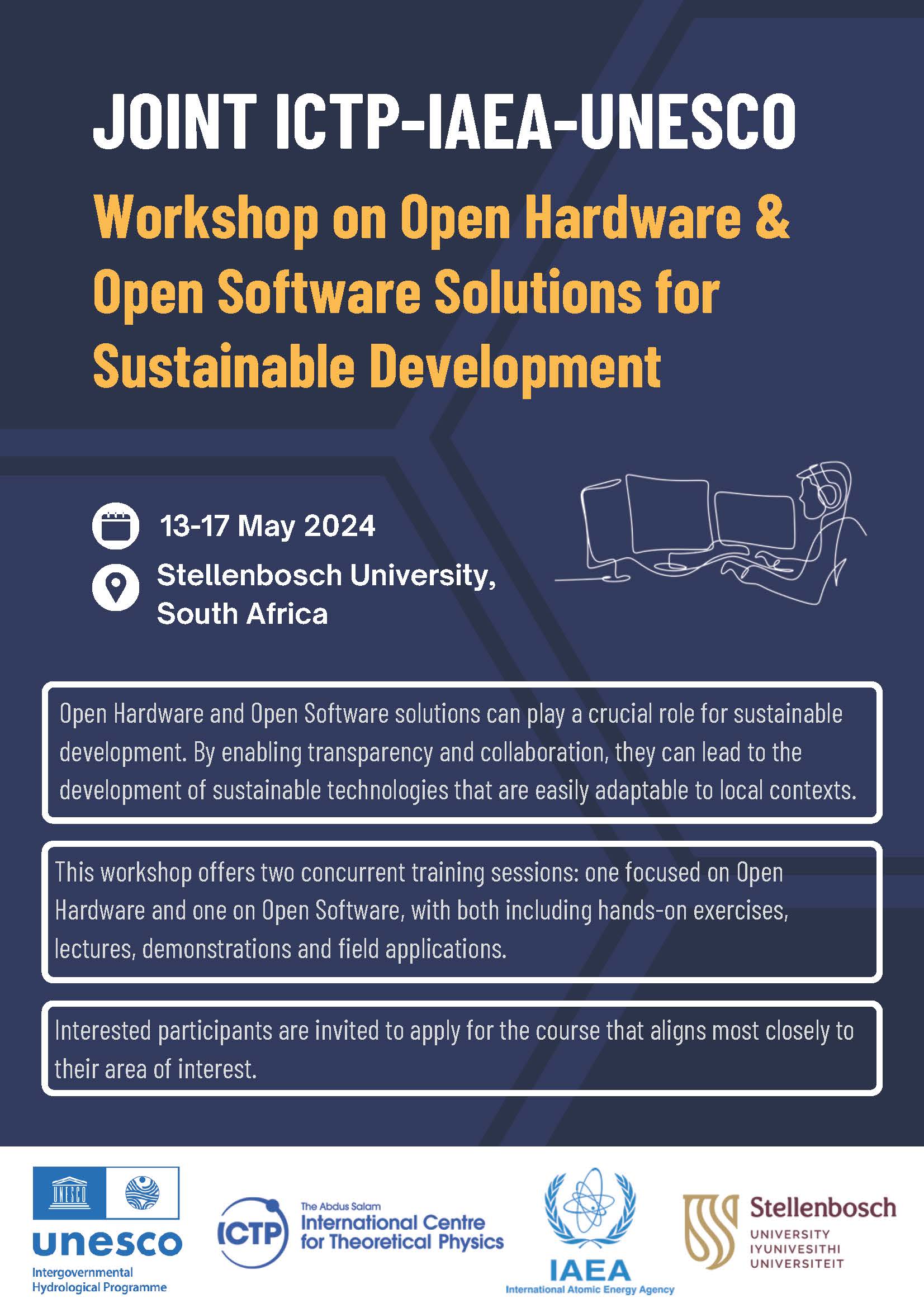
Interested participants are invited to apply for the course that aligns most closely to their area of interest. Apply here. There is no registration fee for this training, and a number of grants are available to support the attendance of selected participants, with priority given to participants from developing countries. View the agenda here.
HELPING at EGU2024
As we gear up for EGU2024, we are thrilled to unveil our focus on HELPING and the Digital Water Globe (DWG).
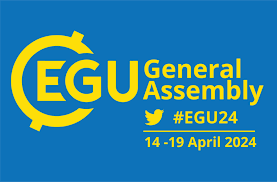
We invite you to join us in championing HELPING and the DWG's mission. Together, we can amplify our impact and drive meaningful change in the world. Brace yourself for a whirlwind of dynamic IAHS and DWG presentations, poster sessions, splinter meetings, and unparalleled networking opportunities. Here's a sneak peek at what we have in store:
SPM83
Near-term (annual to decadal) forecasts of water availability (IAHS-HELPING-Theme 2 WG)
Convener: Kristian Förster
Mon, 15 Apr, 14:00–15:45 (CEST) Room 2.42
SPM33
IAHS - HELPING Co-Creating Water Knowledge Working Group Meeting
Convener: Giulio Castelli | Co-conveners: Wouter Buytaert, Natalie Ceperley
Tue, 16 Apr, 14:00–15:45 (CEST) Room 2.61
SPM34
IAHS Drought in Mountain Regions Working Group
Convener: Francesco Avanzi | Co-convener: Marit Van Tiel
Thu, 18 Apr, 12:45–13:45 (CEST) Room 2.42
HS1.3.1
HELPING science for solutions decade
Co-sponsored by IAHS
Convener: Christina Anna Orieschnig | Co-conveners: Berit Arheimer, Moctar Dembélé, Salvatore Grimaldi, Fuqiang Tian
Orals | Thu, 18 Apr, 14:00–15:45 (CEST) Room 2.31
Posters on site | Attendance Wed, 17 Apr, 10:45–12:30 (CEST) | Display Wed, 17 Apr, 08:30–12:30 Hall A
Posters virtual | Attendance Wed, 17 Apr, 14:00–15:45 (CEST) | Display Wed, 17 Apr, 08:30–18:00 vHall A
SPM129
IAHS Science for Solutions decade: HELPING
Convener: Berit Arheimer | Co-conveners: Justin Sheffield, Ana Mijic, Adeyemi Oludapo Olusola
Fri, 19 Apr, 10:45–12:30 (CEST) Room 2.43
SPM128
IAHS Digital Water Globe
Convener: Eduardo Mario Mendiondo | Co-convener: Berit Arheimer
Tue, 16 Apr, 08:30–10:15 (CEST) Room 2.97
Wed, 17 Apr, 19:00–20:00 (CEST) Room 2.83
EGU24-21088 | ECS | Orals | HS1.3.1 | Highlight
On promoting education and community adaptation in Global South’s studies populating the Digital Water Globe: the DREAMS project for the HELPING Science Decade
Denise Taffarello, Danielle Bressiani, Adelaide Nardocci, Susana Dias, Dirce Maria Lobo Marchioni, Suzana Gico Montenegro, Marcos Roberto Benso, Gabriel Marinho e Silva, Veber Afonso Figueiredo Costa, Nilo Nascimento, Wilson dos Santos Fernandes, Jose Antonio Marengo, Jamil Anache, and Eduardo Mario Mendiondo
Thu, 18 Apr, 14:55–15:05 (CEST) Room 2.31
SPM32
Drought in the Anthropocene research network meeting
Convener: Marthe Wens
Tue, 16 Apr, 12:45–13:45 (CEST) Room 2.43
EGU24-4773 | ECS | Orals | HS1.3.1 | Highlight
HELPING: Co-creating and communicating water solutions in a globally changing world
Adeyemi Olusola, Giulio Castelli, and Natalie Ceperley
Thu, 18 Apr, 14:35–14:45 (CEST) Room 2.31
EGU24-5911 | ECS | Orals | HS1.3.1 | Highlight
REHYDRATE - an international HELPING working group to REtrieve historical HYDRologic dATa and Estimates
Miriam Bertola and Paola Mazzoglio and the HELPING REHYDRATE Working Group
Thu, 18 Apr, 15:05–15:15 (CEST) Room 2.31
EGU24-14824 | Posters on site | HS1.3.1 | Highlight
Setting up the new Scientific Decade of IAHS: Science for Solutions with HELPING
Berit Arheimer, Christophe Cudennec, Salvatore Grimaldi, and Günter Blöschl
Wed, 17 Apr, 10:45–12:30 (CEST) Hall A | A.2
EGU24-22254 | Orals | HS1.3.1
Overview of the Theme 2 of IAHS HELPING: Holistic Solutions for Water Security
Ana Mijic, Claudia Teutschbein, David Finger, Junguo Liu, Kristian Foerster, Marthe Wens, Nejc Bezak, Santosh Palmate, Shiv Nishad, and Stefan Krause
Thu, 18 Apr, 14:25–14:35 (CEST) Room 2.31
EGU24-19045 | Posters on site | HS1.3.1 | Highlight
(Science) Communication is Key - Analysing and Adapting Outreach Approaches and Internal Workflows to Support HELPING as a Major International Scientific Initiative. Tarryn Payne and Christina Orieschnig
Wed, 17 Apr, 10:45–12:30 (CEST) Hall A | A.3
SPM136
Community Paper Workshop on (Science) Communication in HELPING
Convener: Christina Orieschnig, Soham Adla, Tarryn Payne
Fr: 19 Apr. 08:30-10:15 (CEST)Room 2.96
Digital Water Globe Editor-in-Chief
We are pleased to announce the inaugural Editor-in-chief for the Digital Water Globe (DWG): Prof. Eduardo Mario Mendiondo of the University of São Paulo - São Carlos School of Engineering. The DWG is a web-based software platform where IAHS members share Case studies, Personal profiles, IAHS references and links to data repositories. The different items are linked to a geographical position on a global map as well as keywords for quick search using filter functions. The DWG offers co-creation and re-examines the role of scientific outreach by exploring novel digital ways to interact between scientists and society for mutual understanding and co-evolution. Most of all, the DWG will exploit the potential of an innovative digital arena for IAHS-community building, data/knowledge exchange and science communication in action. We invite you to view and contribute to the DWG!
Prof. Eduardo Mario Mendiondo
Mario has been an IAHS member since 2005, and during this time he has been part of;
- IAHS Science Steering Group of the IAHS Scientific Decade Predictions in Ungauged Basins (PUB) 2003-2012,
- IAHS General Assembly Local & Sci. Committee, Foz de Iguazu, Brazil,
- IAHS biennium co-leader of the IAHS Scientific Decade Panta Rhei 2019-2022,
- IUGG/IAHS Joint Session (co-convener),
- Hydrological Sciences Journal (HSJ) Associate Editor,
- IAHS History of Hydrology Working Group (member),
- IAHS Scientific Decade HELPING subgroups (participant) 2023-present.
His publications include;
- Distributed hydrodynamic and water quality model: Challenges and opportunities in poorly-gauged catchments, Journal of Hydrology (2023), https://doi.org/10.1016/j.jhydrol.2023.129982
- The challenge of unprecedented floods and droughts in risk management. Nature 608, 80–86 (2022), https://doi.org/10.1038/s41586-022-04917-5
- Modelling freshwater quality scenarios with ecosystem-based adaptation in the headwaters of the Cantareira system, Brazil, Hydrology and Earth System Sciences (2018), https://doi.org/10.5194/hess-22-4699-2018.
Mario will be supported by six Associate Editors and they are;
Sujata Kulkarni of Indian Institute of Technology Roorkee, India
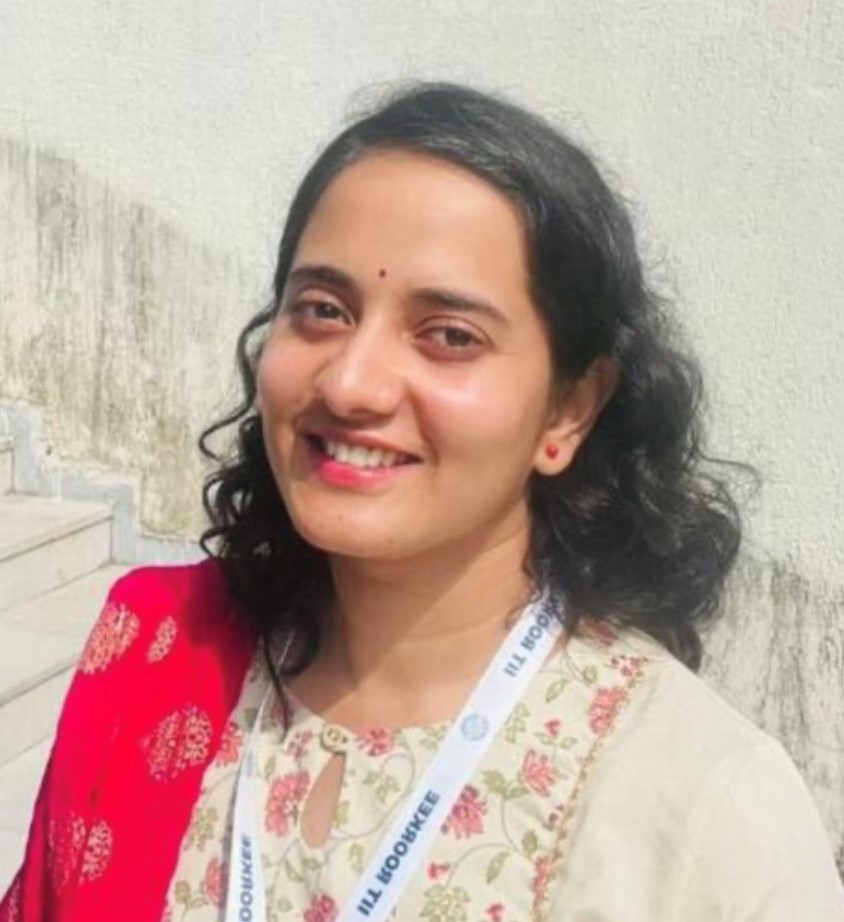
Christina Orieschnig of French National Research Institute for Sustainable Development (IRD), France
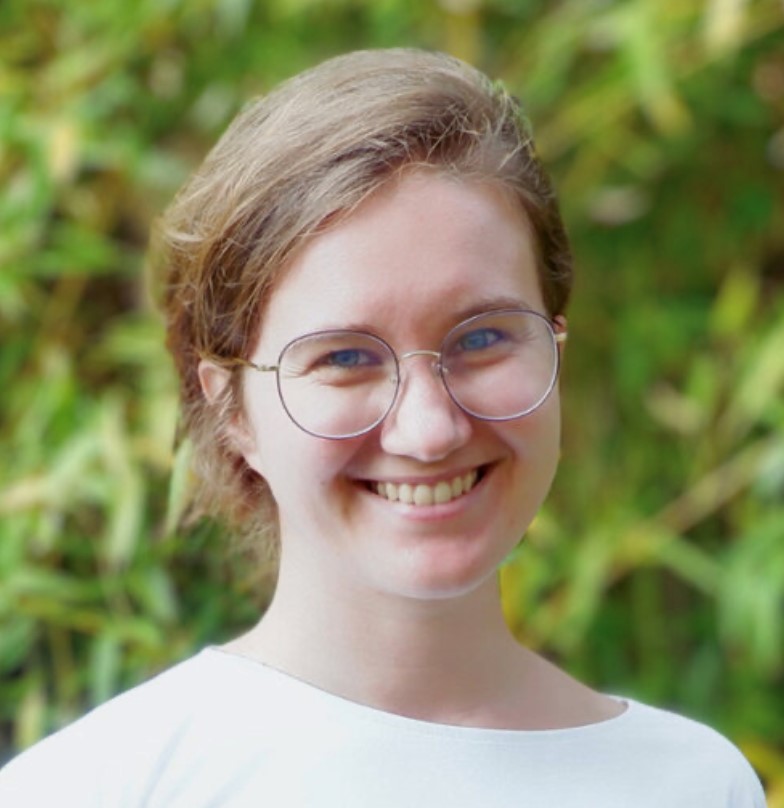
Rim Ouachani of University of Sousse, Tunisia
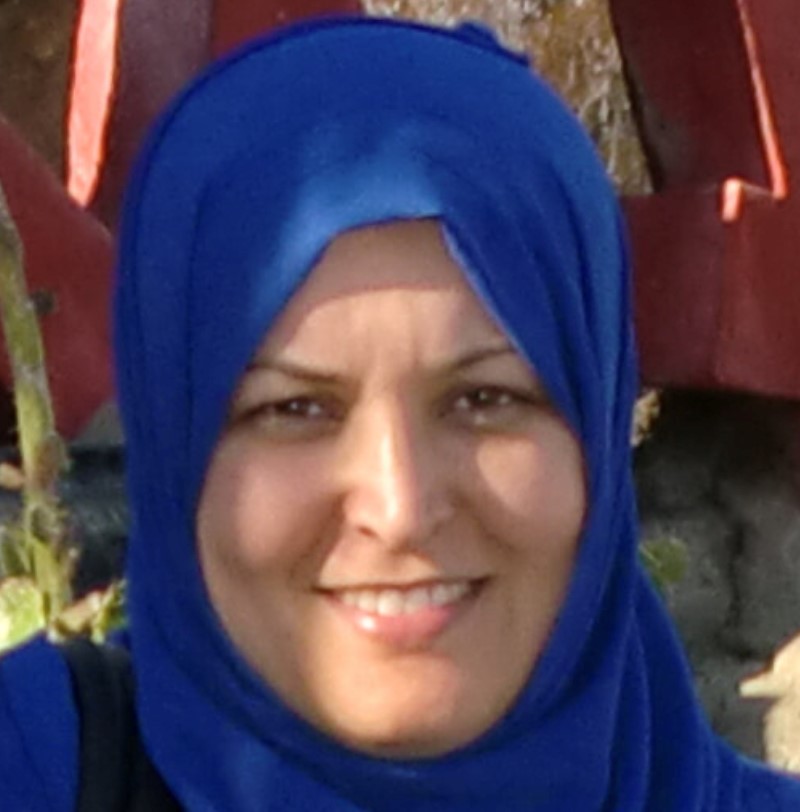
Luis Miguel Castillo Rápalo of University of Sao Paulo, Brazil
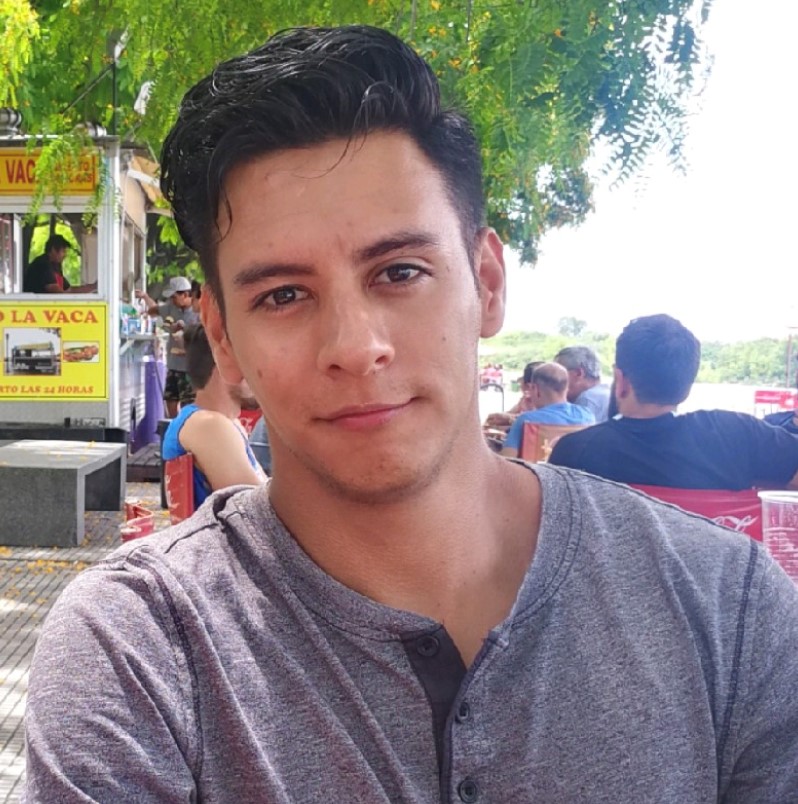
Khosro Morovati of Tsinghua University, China
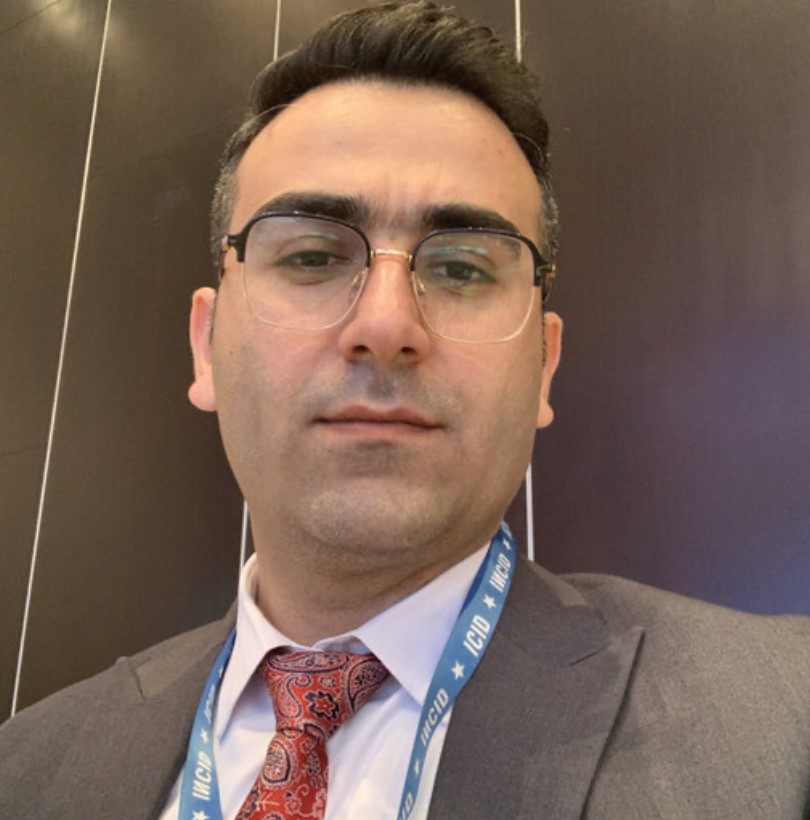
Santosh S. Palmate, Texas A&M University, USA
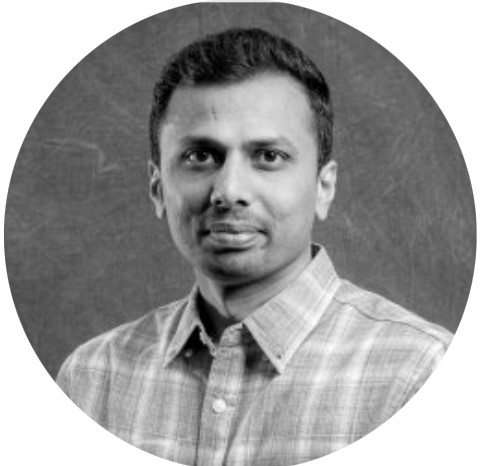
We extend the warmest of welcomes to Prof. Mendiondo, and his Associate Editors, whose expertise and vision promise to steer us toward ever-greater horizons. Join us in celebrating this momentous occasion and in embracing the dawn of a new era in digital excellence!
Workshop Announcement - HELPING Working Group: Urban Water
The HELPING Working Group: Urban Water - Urbanization phenomenon & adequate water management is delighted to announce a call for abstracts for an upcoming 2-day workshop which will focus on the interface of urbanization and water management strategies, with a particular emphasis on addressing challenges and opportunities in the global south.
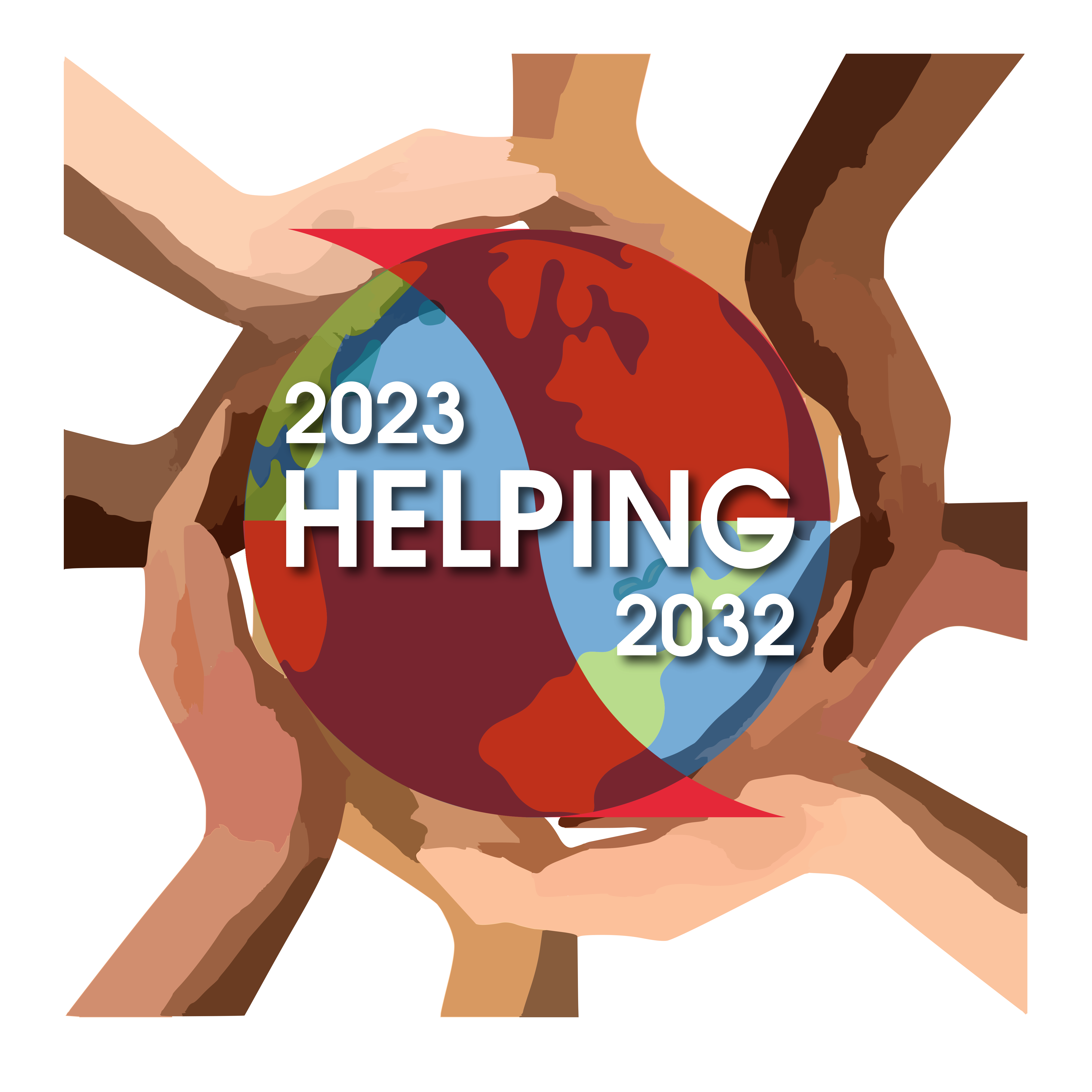
The workshop is hosted by LMU Munich, organised by the HELPING Working Group: Urban Water - Urbanization phenomenon & adequate water management, and supported by LMU Munich Postdoc Support funding and Carl Friedrich von Siemens Stiftung. Please complete the questionnaire at your earliest convenience. Abstracts should be submitted online by 15 May 2024.
IAHS Academy
The International Association of Hydrological Sciences (IAHS) is proud to announce dates and venue of the first edition of the IAHS Academy, the newly established advanced training and educational programs to advance and promote hydrological sciences globally. The IAHS Academy 2024. The date of the first edition of the IAHS Academy is set for 20-27 July 2024 and will be hosted in Cairo, Egypt.

